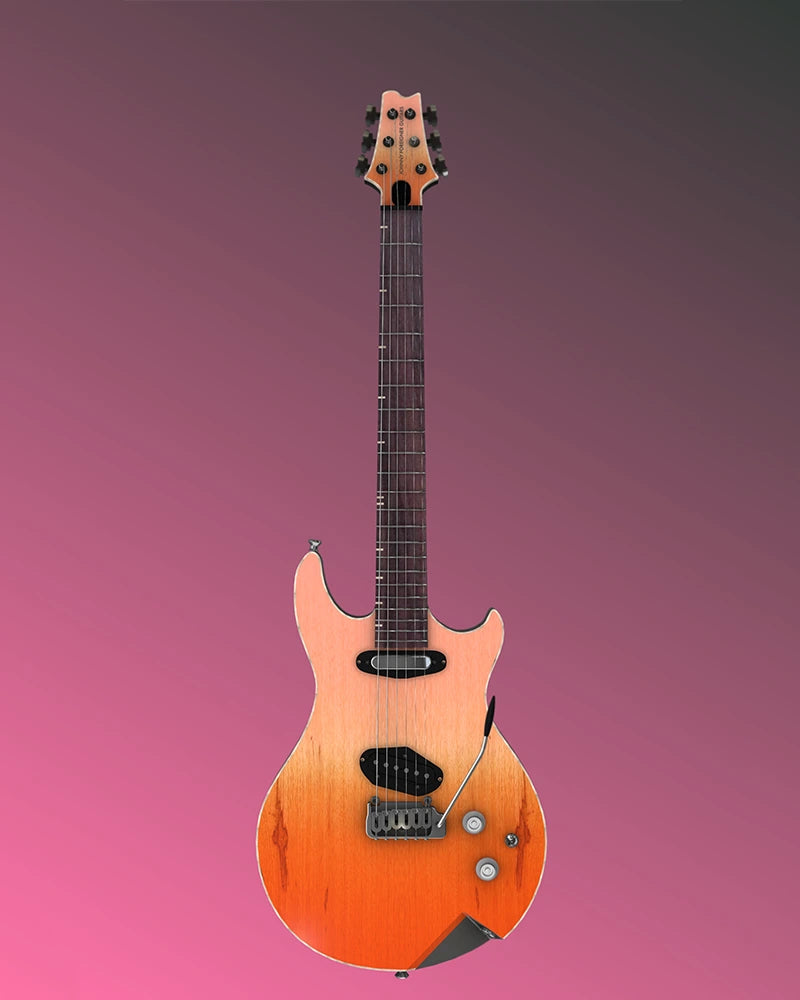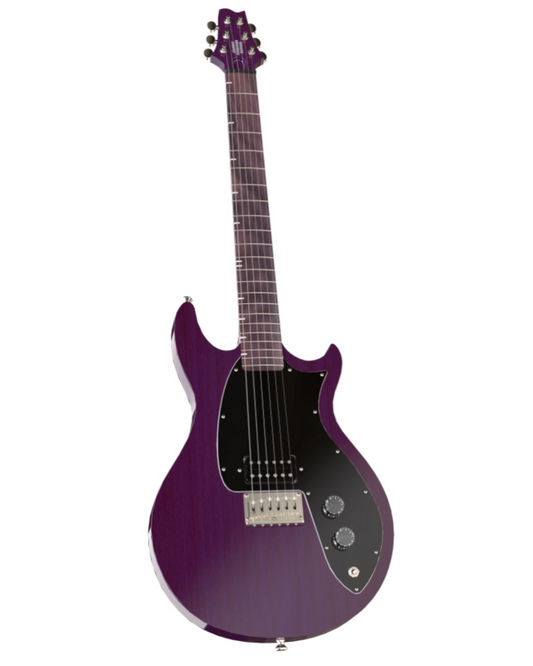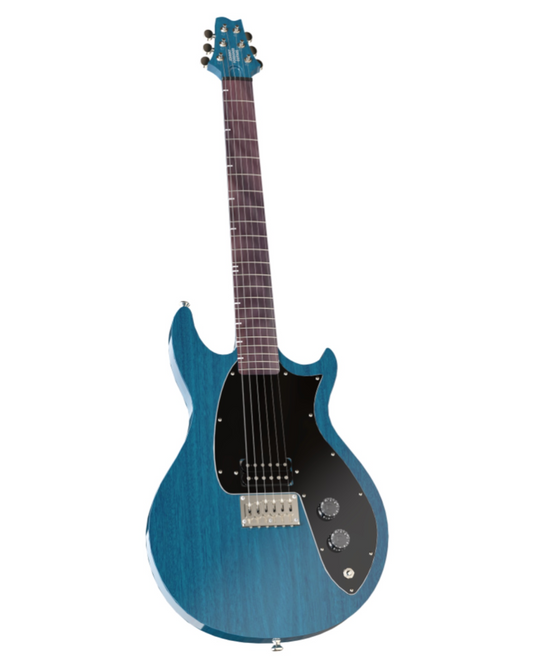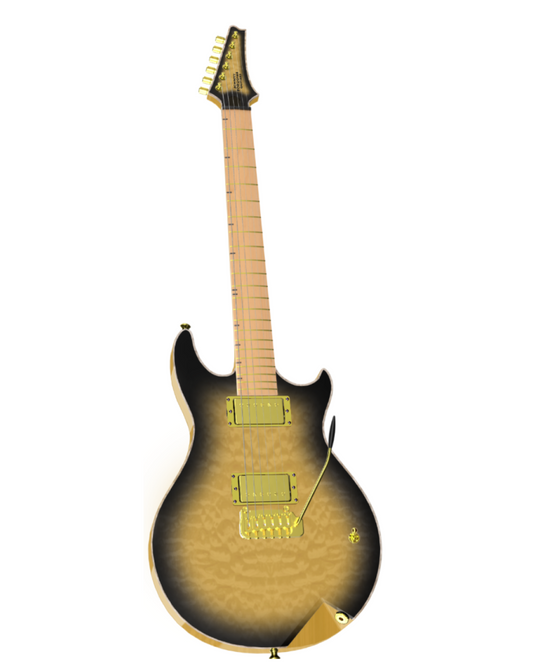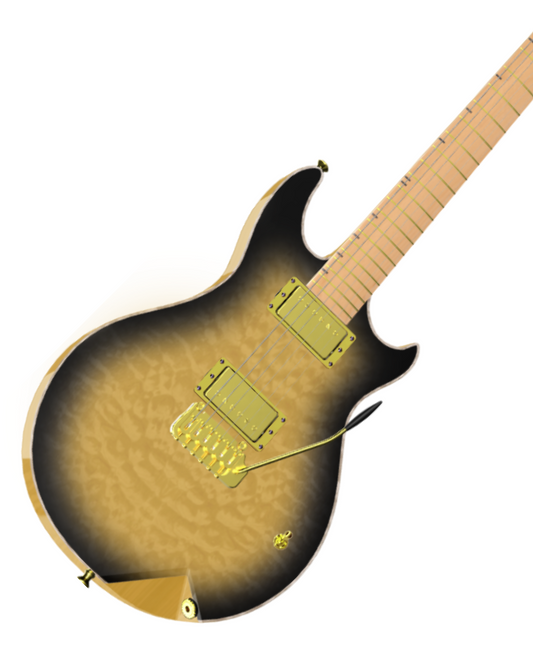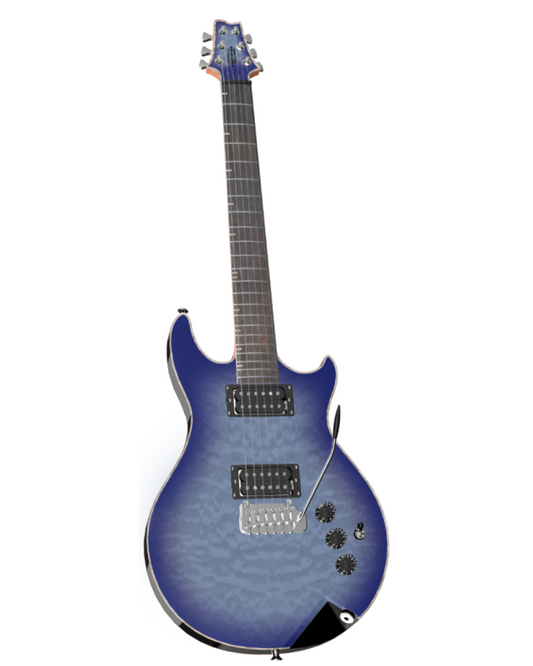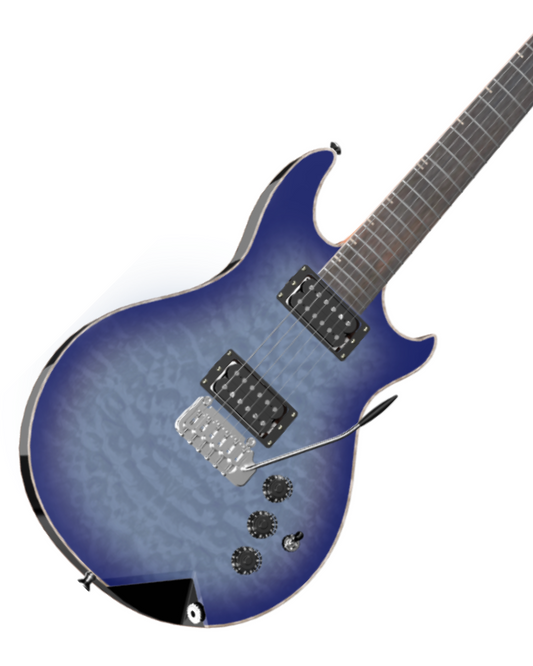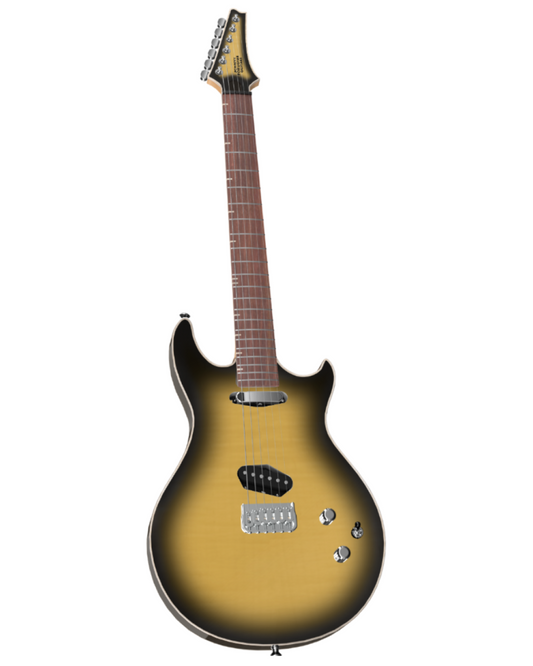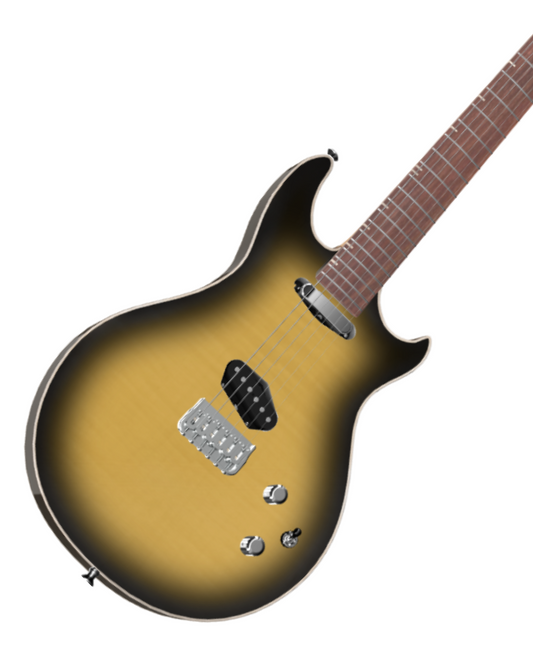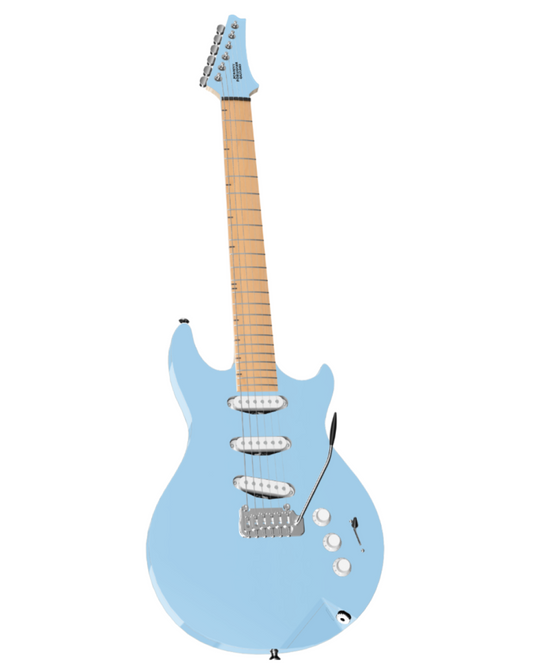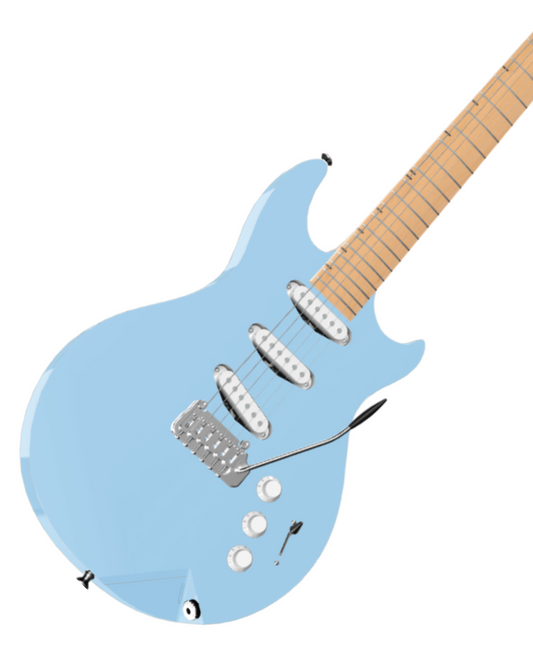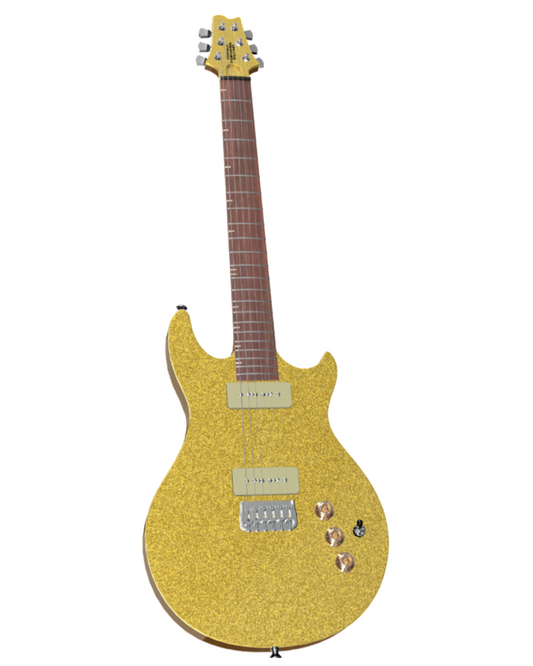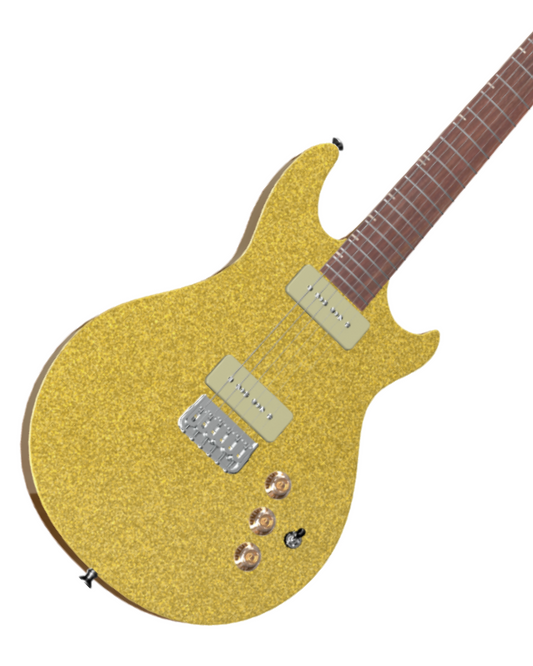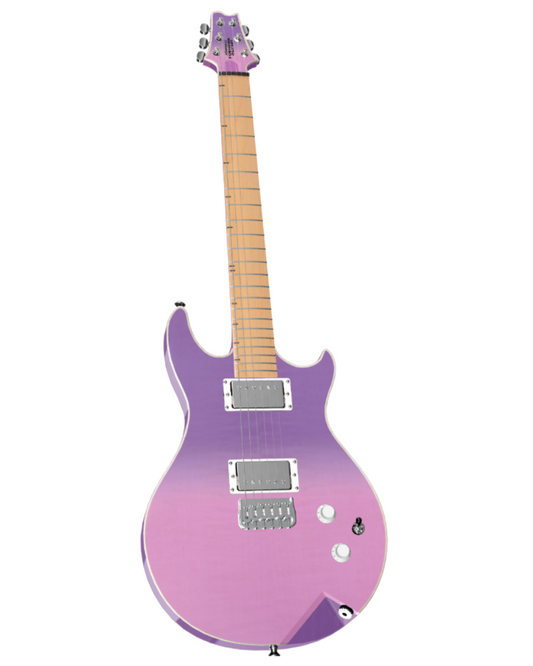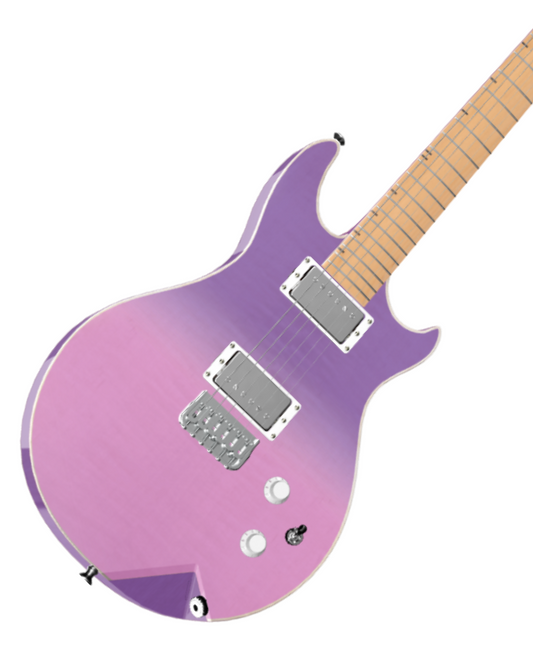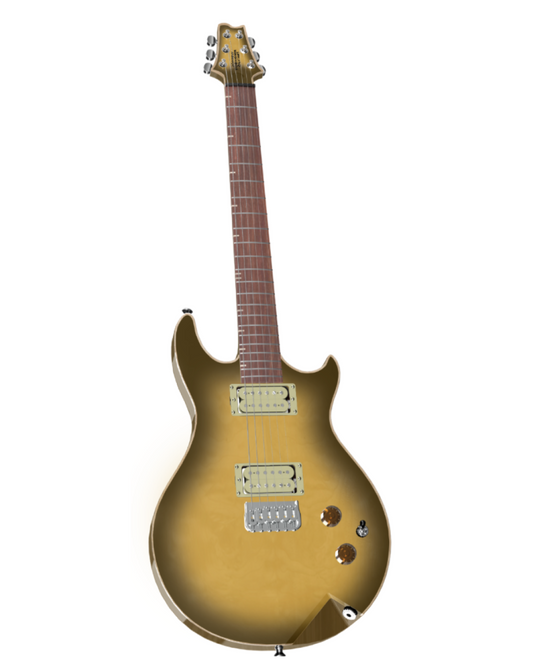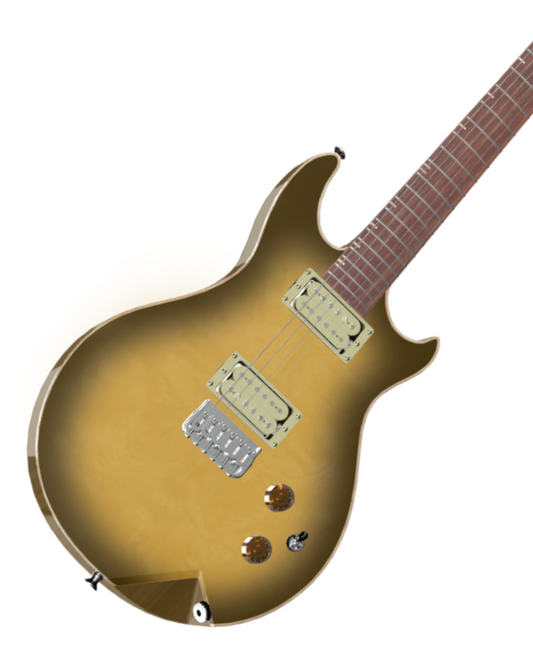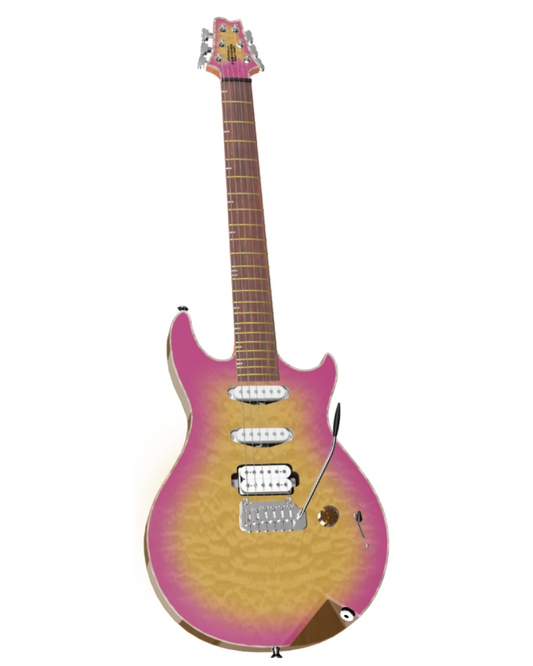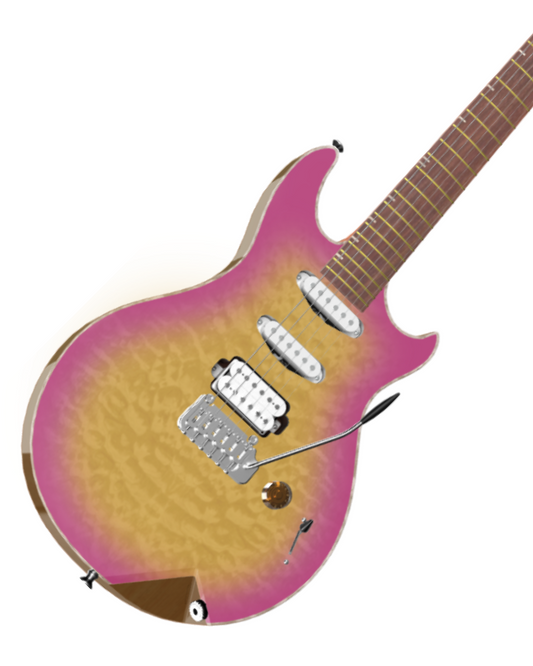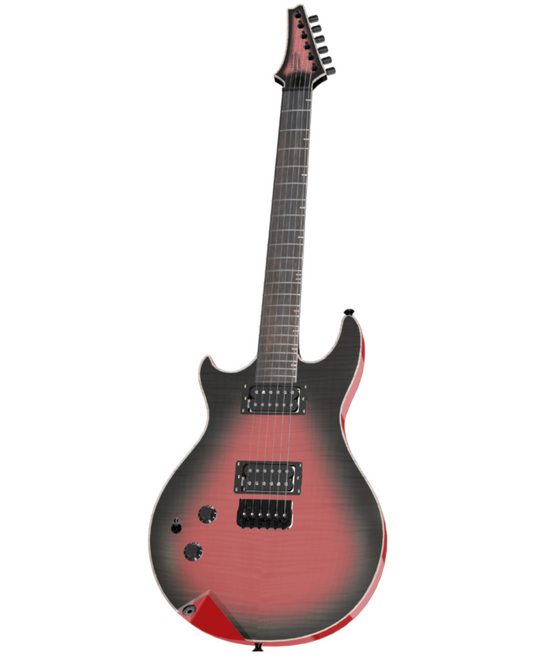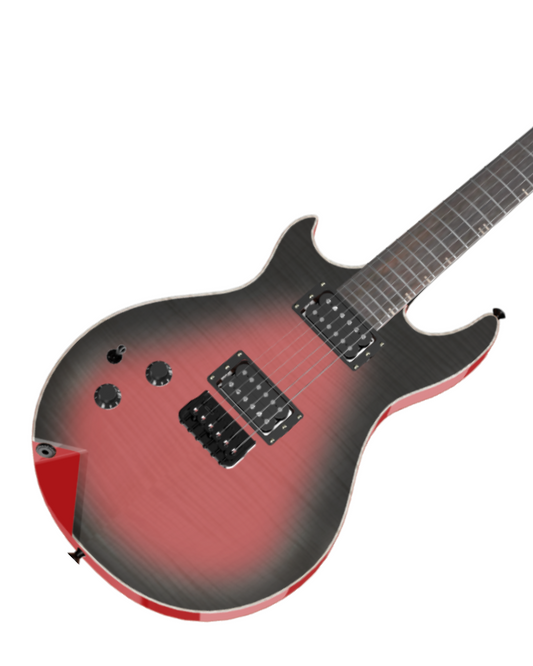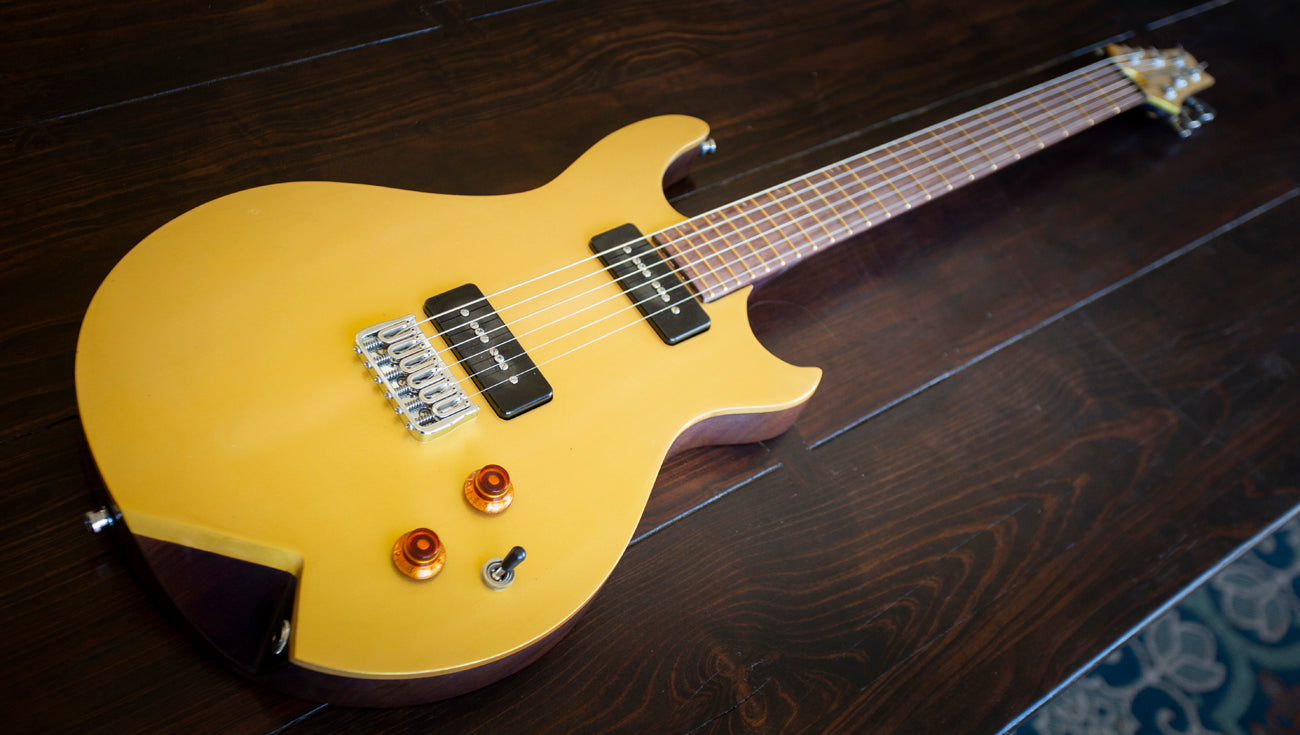What is a "tonewood" and how much difference does it make to how your guitar sounds?
If you're a guitar enthusiast, you've probably heard the term "tonewood" thrown around quite a bit. But what exactly is tonewood, and how much of an impact does it have on the sound of your guitar? This is a hot topic for debate with strong arguments being made in multiple differing ways, so fetch the popcorn and enjoy as we dive into this controversial topic.

Tonewood refers to the type of wood used in the construction of a guitar's body and neck. The idea of tonewood originates with acoustic guitars, where the sound of the guitar is produced acoustically, buy the vibration of the top in resonance with vibrating strings. The body of an acoustic is sometimes called the “sound box” for this reason, and the species of wood used to make the constituent parts of the sound box - the top, sides and back - unarguably have an impact on the tone of the guitar. That’s because different woods have different densities and other physical properties which change the frequencies at which they vibrate.
When the electric guitar came into being, there was an assertion by some - mainly guitar companies trying to justify the costs of their “super special private stock” woods - that the same science was true for electrics as for acoustics.
One issue with that: a solid body electric guitar produces almost no sound acoustically. Rather, the vibration of the strings is transduced by the pickups into an electrical signal that is then amplified to hearing volumes by the amplifier.
So here’s our list of the meaningful ways that a solid body electric guitar’s tone is influenced by species of wood used in the body, neck or fretboard:
That’s right! There’s no meaningful difference.
Does the choice of wood influence the way the string vibrates in some way? Sure. If you do side by side comparisons with all other factors (weight of the guitar, pickups used, height of the pickups, bridge, nut and other hardware used, pick used, picking technique employed, etc, etc) being equal, you can probably pick out minor differences in tone.
Does any of that matter once the signal is sent through your pedal board, into your amp, then picked up by a mic for a PA or recording device? Hell no.
If you don’t believe us, check out this awesome science experiment by Jim Lill (https://youtube.com/watch?v=n02tImce3AE&feature=shareb) that should have put this entire stupid conversation to bed, once and for all. Spoiler alert: people don’t believe science any more.
Does that mean you should just go for whatever wood is cheapest when picking out your guitar? Absolutely not.
Some woods are not structurally appropriate for the stresses that tensioned strings put on a guitar. Certain woods are popular with guitar makers because they offer a good strength-to-weight ratio - they’re strong enough without being so heavy as to make the guitar unplayable.
But more importantly, some woods just LOOK COOLER. And that’s purely a matter of personal taste. So go ahead and make your choices without worrying about how they will impact tone, because they won’t. Not really.
At Johnny Foreigner Guitars, we offer a wide range of “tonewood” options for our custom-built guitars, so you can design the perfect instrument to suit your needs. So why not start designing your dream guitar today? With our expert craftsmanship and high-quality materials, you're sure to get a guitar that sounds as good as it looks.
